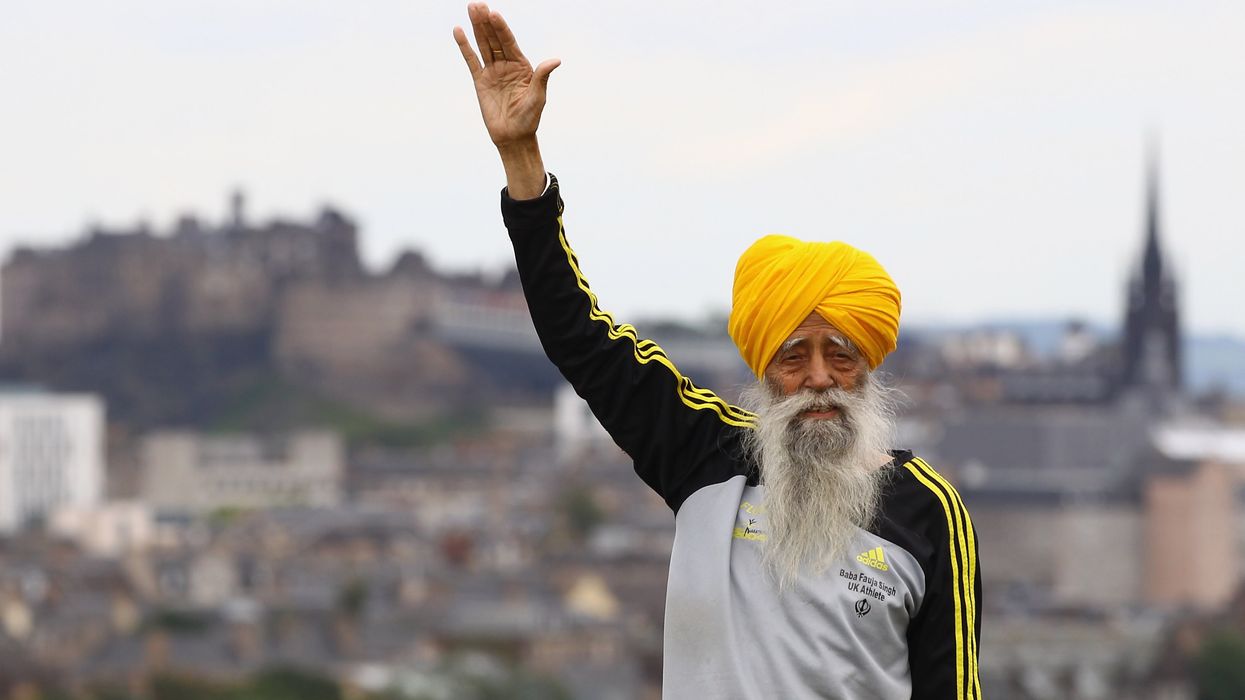IN THE HEART of London's East End, where generations of immigrants have built new lives, Rushanara Ali, the minister for homelessness and democracy in the new Labour government, stands as a testament to resilience and determination.
The daughter of Bangladeshi immigrants who arrived in Britain when she was just seven years old, Ali has risen to become not only the first British Bangladeshi elected to the parliament but now sees herself at the forefront of tackling one of Britain's most pressing social crises.
Ali, who turns 50 in March, is the first in her family to attend university, studying Philosophy, Politics and Economics at Oxford's St John's College – a world away from her humble beginnings.
July 2024 marked a pivotal moment in Ali's career when she was appointed parliamentary under-secretary of state at the Ministry of Housing, Communities and Local Government. Yet this achievement came against a backdrop of unprecedented hostility during her re-election campaign.
"I spent as much time talking to the police and responding to threats and hostilities during this campaign as I did talking to voters," Ali revealed in the aftermath of an election that saw her majority slashed from 37,500 to just 1,700 votes. Death threats, voter intimidation, and disinformation campaigns plagued her candidacy, with fake leaflets depicting her with devil horns circulating throughout her constituency.
The hostility reached such levels that Ali required police protection. "I had to have protection officers because Labour campaign gatherings would attract certain individuals who would threaten violence," she disclosed.
The crisis Ali now confronts is staggering in its scale. Last year alone, 146,360 households turned to their councils for help, with many teetering on the edge of eviction through circumstances beyond their control. A record 123,100 households – including almost 160,000 children – find themselves trapped in temporary accommodation, with approximately 40 per cent of homeless families living in unsuitable B&Bs or nightly-let properties that often lack basic facilities.
As Ali bluntly puts it, this is "the worst housing crisis in living memory."
Yet despite these challenges, Ali has wasted no time in addressing the crisis. Within months of taking office, she tripled the Rough Sleeping Winter Pressures Funding from £10 million to £30 million, directing resources to over 280 councils.
"Behind every sad rough sleeping statistic, there is a person who has been let down by the system for far too long," Ali stated in January 2025, demonstrating her ability to humanise policy challenges. By February, she had secured an additional £30m in emergency funding, bringing the total Winter Pressures Funding to £60m.
These measures followed the largest-ever investment in homelessness prevention services of almost £1 billion for 2025, announced in December. The funding will deliver three important steps in the government’s long-term plan to tackle homelessness: stopping households becoming homeless in the first place, addressing the growing use of B&Bs and nightly-let accommodation, and streamlining funding structures to make it easier for councils to spend their cash.
"No one should be forced live in constant fear of losing their home," she asserted.
For Ali, the journey from displaced child to champion of the displaced has come full circle, her lived experience now informing policies that may reshape Britain's approach to homelessness for generations to come.













